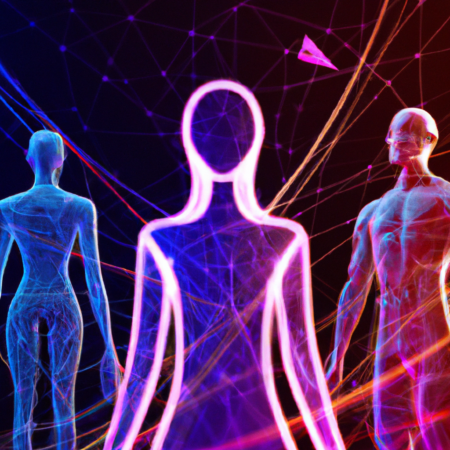Navigating the Future: The Critical Role of AI Ethics & Regulation in 2025
As we step into the second quarter of 2025, the landscape of artificial intelligence (AI) continues to expand, bringing with it a complex web of ethical considerations and regulatory challenges. The integration of AI into daily life and business has made it imperative to address the ethical dilemmas and establish robust regulatory frameworks to ensure safe, fair, and responsible use of AI technologies.
Understanding AI Ethics
AI ethics revolves around the moral principles and practices that guide the development and deployment of AI technologies. This includes considerations like bias prevention, transparency, accountability, and the impact on privacy and human rights.
Regulatory Frameworks Shaping AI
Regulations are crucial for setting boundaries and guidelines for AI application. In 2025, we see a trend towards global cooperation in AI governance, aiming to harmonize standards and practices internationally.
Case Studies and Recent Developments
Several key case studies illustrate the successes and challenges of implementing AI ethics and regulations. For instance, the adoption of AI in healthcare has necessitated stringent data protection measures and ethical guidelines to safeguard patient information and ensure equitable AI decision-making.
The Role of AI Ethics Boards
AI ethics boards play a pivotal role in overseeing AI projects, ensuring that they adhere to ethical norms and regulations. Their guidance is crucial in navigating the ethical quandaries posed by AI.
As AI continues to evolve, staying informed and engaged with the latest in AI ethics and regulation will be key to harnessing its potential responsibly. The journey is complex, but with concerted effort and robust frameworks, we can steer AI development in the right direction.






